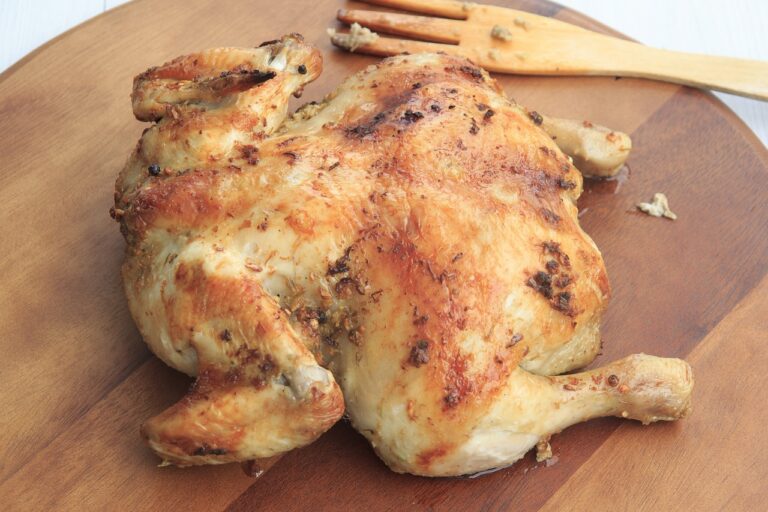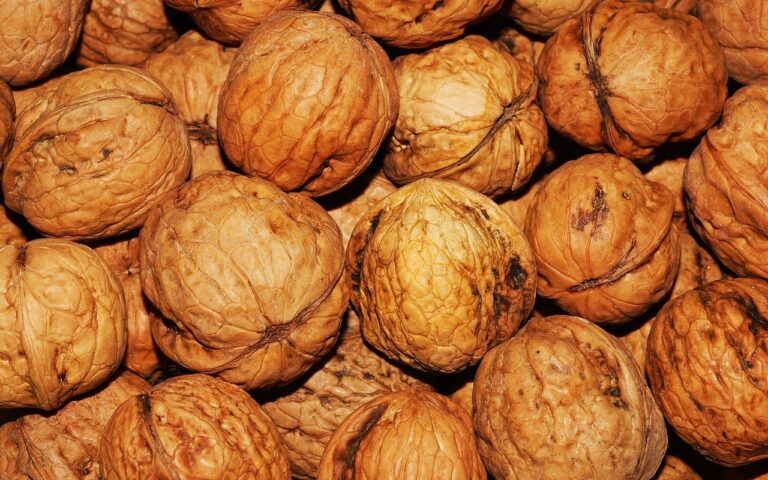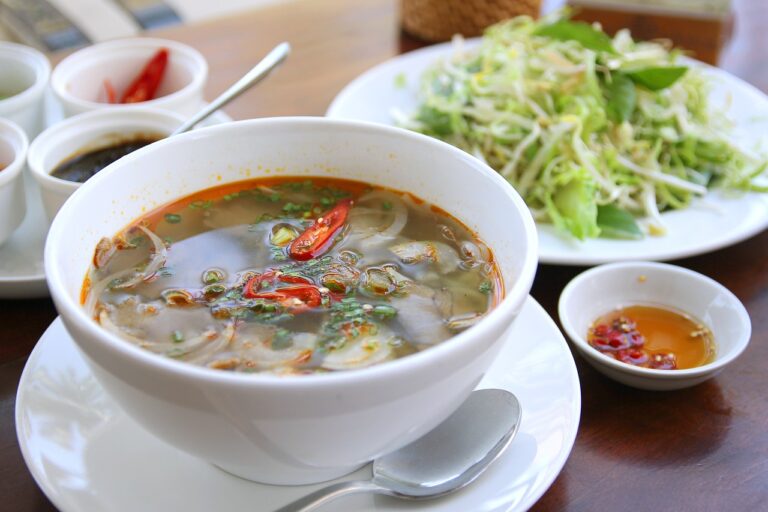Analyzing the Role of Artificial Intelligence in Predicting Food Safety Risks
all panel login, mahadev book online, get cricket id: Artificial intelligence (AI) has become a game-changer in various industries, including food safety. With the ability to analyze vast amounts of data quickly and efficiently, AI can help predict food safety risks and prevent potential outbreaks before they occur. In this article, we will delve into the role of AI in predicting food safety risks and how it is revolutionizing the way we approach food safety.
Understanding the Role of Artificial Intelligence in Food Safety
Artificial intelligence has the potential to revolutionize how we ensure the safety of the food we consume. By leveraging AI algorithms, we can analyze data from various sources, such as food production facilities, supply chains, and consumer feedback, to predict potential food safety risks.
One of the key advantages of using AI in predicting food safety risks is its ability to identify patterns and trends that humans might overlook. AI algorithms can analyze large datasets in real-time, enabling us to detect potential issues before they escalate into full-blown outbreaks.
Moreover, AI can also help in streamlining the food safety process by automating routine tasks, such as data collection and analysis. This not only saves time but also ensures that potential risks are identified and addressed promptly.
How AI is Predicting Food Safety Risks
AI can predict food safety risks in various ways, such as:
1. Monitoring Food Production Processes: AI can be used to monitor food production processes in real-time, detecting any anomalies or deviations from standard procedures that could indicate potential safety risks.
2. Analyzing Supply Chain Data: AI algorithms can analyze data from the entire food supply chain, identifying weak points where contamination or other safety issues may occur.
3. Identifying Consumer Trends: AI can analyze consumer feedback and social media data to identify emerging food safety concerns and trends, allowing companies to address them proactively.
4. Predicting Outbreaks: By analyzing historical data on foodborne illnesses and outbreaks, AI can predict where and when future outbreaks are likely to occur, enabling authorities to take preventive measures.
The Impact of AI on Food Safety
The use of AI in predicting food safety risks has already shown promising results. By leveraging AI technology, companies can proactively address potential safety concerns, reducing the likelihood of outbreaks and protecting consumers.
Furthermore, AI can also help in improving compliance with food safety regulations by ensuring that all necessary protocols are followed consistently. This not only benefits consumers but also helps companies maintain their reputation and avoid costly recalls.
FAQs:
1. How accurate is AI in predicting food safety risks?
AI algorithms can achieve a high level of accuracy in predicting food safety risks, thanks to their ability to analyze large datasets and identify patterns that humans might miss.
2. How can companies leverage AI to improve food safety?
Companies can leverage AI technology to monitor food production processes, analyze supply chain data, and predict potential outbreaks, enabling them to address safety risks proactively.
3. Is AI replacing human food safety professionals?
While AI can automate routine tasks and streamline the food safety process, human professionals are still essential for making critical decisions and ensuring that proper protocols are followed.
In conclusion, artificial intelligence is playing a crucial role in predicting food safety risks and revolutionizing the way we approach food safety. By leveraging AI technology, companies can proactively address potential risks, protect consumers, and improve compliance with food safety regulations. The future of food safety looks bright, thanks to the power of AI.







